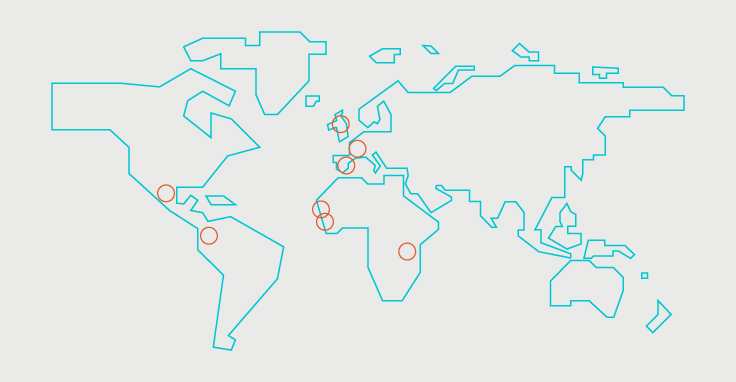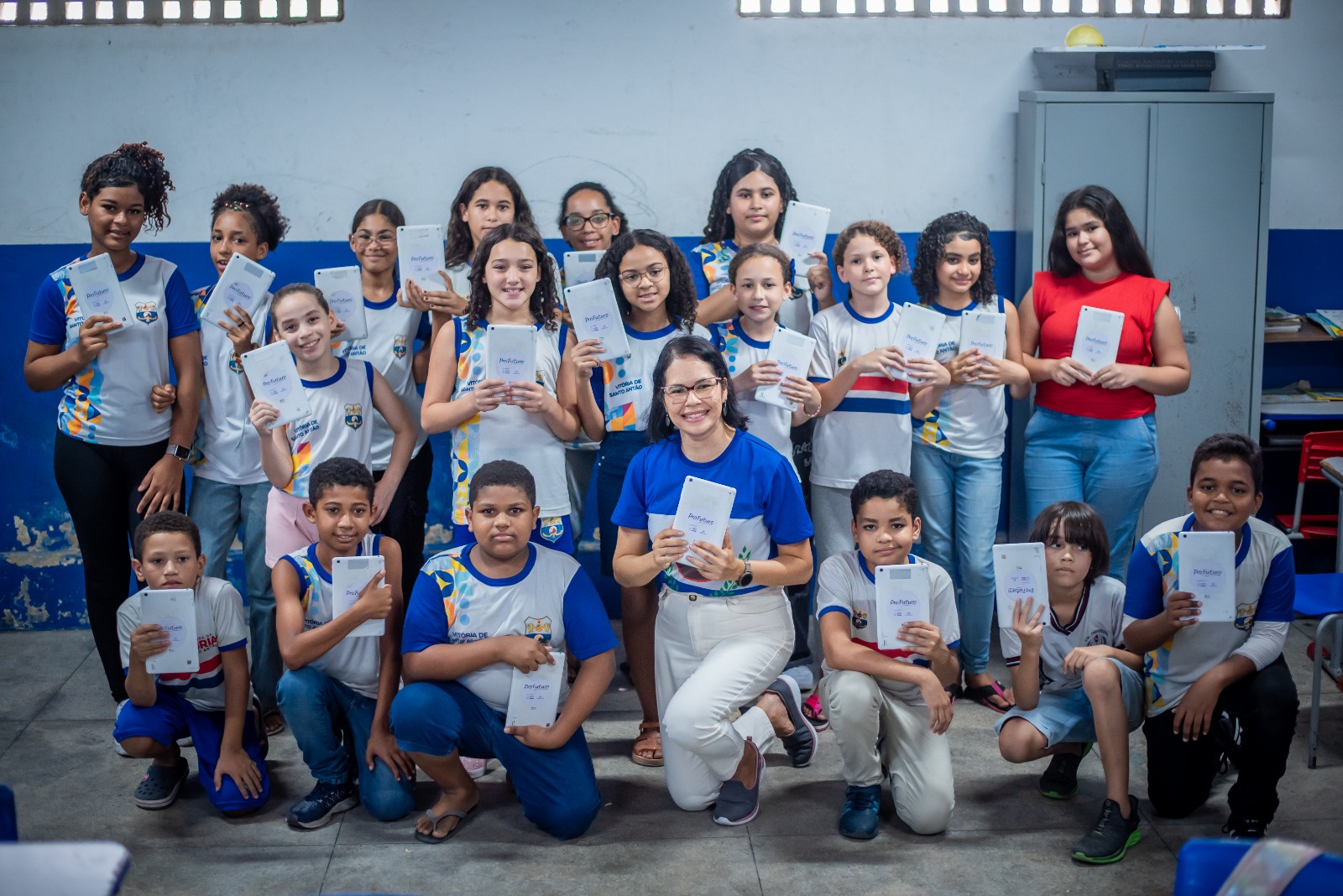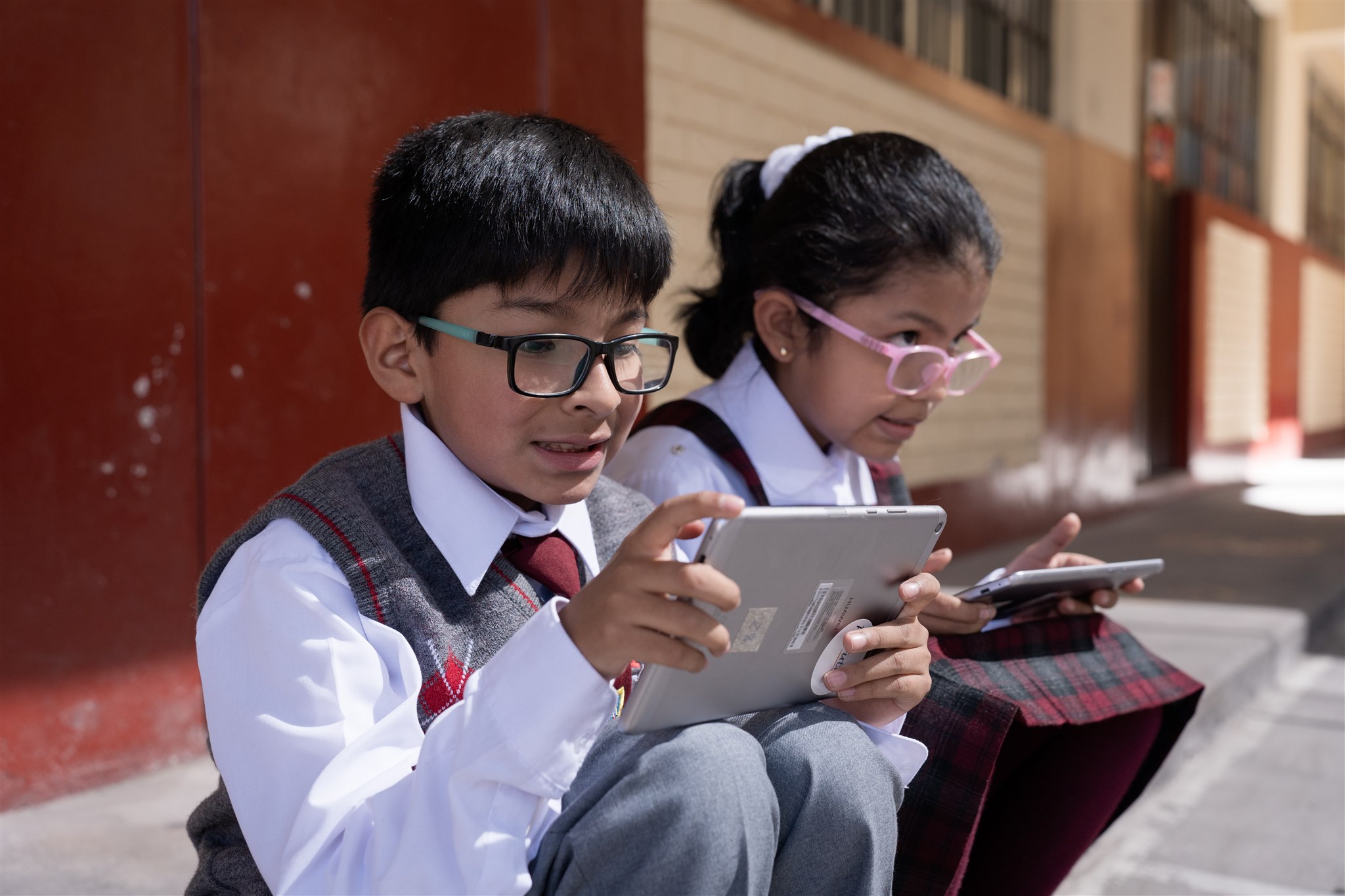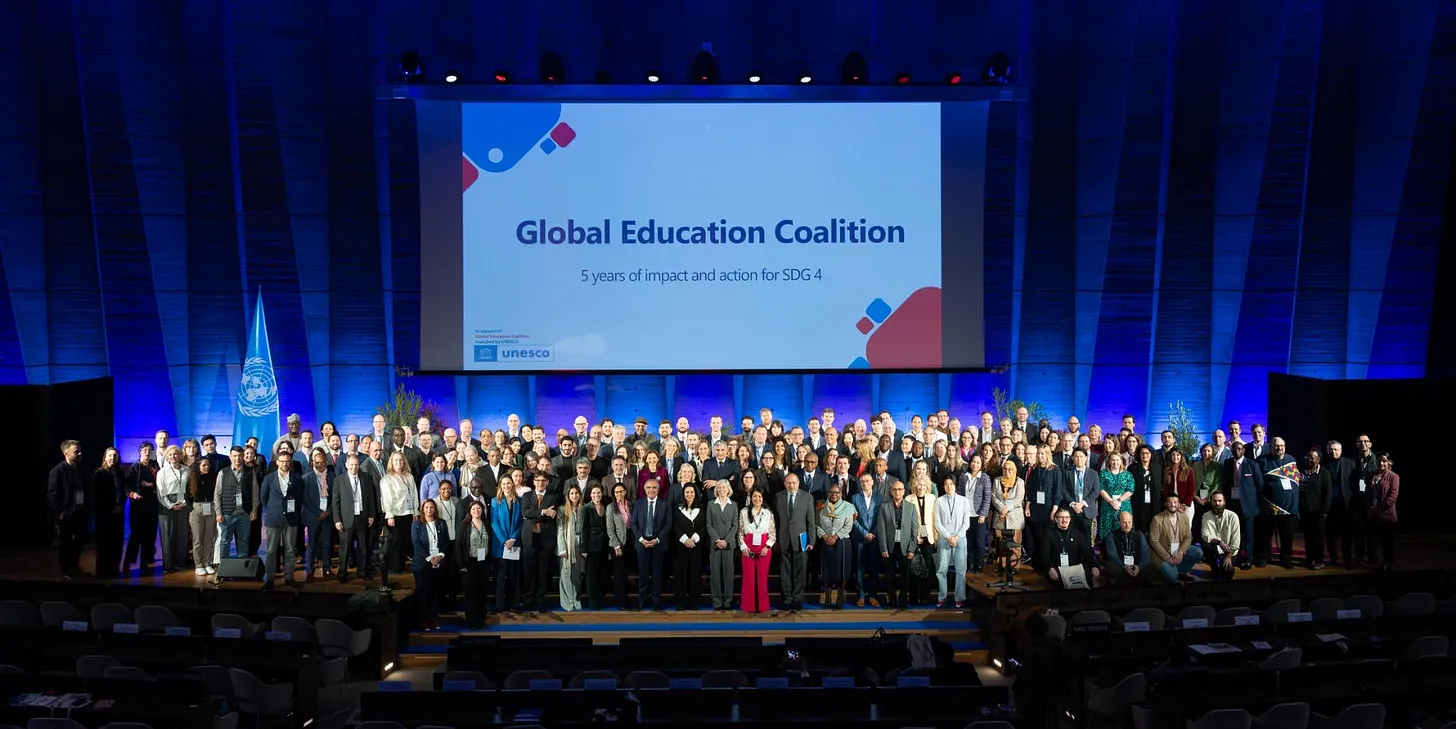By the 30 September deadline, the call received 26 proposals from Spain, France, United Kingdom, Colombia, Mexico, Senegal, Equatorial Guinea and Uganda.
The initiatives chosen by Wayra and ProFuturo, TOMi and Moon, are committed to energy-related and digital inclusion solutions to enable pupils who study at schools without electricity or internet connections to be able to access digital educational resources. Both projects aim to reduce the digital divide in education and provide energy inclusion solutions in disconnected areas in order to provide access to online educational resources.
💡Do you want to know more about the chosen startups, @MoonBordeaux and @tomidigital?
Find them out on our website! 👉https://t.co/rC1YlZx5qD@fundacionTef @FundlaCaixa @Wayra #EducarTransforma #SomosProFuturo https://t.co/GuBlztR1K4
— @Profuturo_ (@ProFuturo_) February 24, 2021
It should not be forgotten that 46.4% of the world’s population currently has no access to the Internet, according to a report published last September by UNESCO, UNICEF and the International Telecommunication Union (ITU). ProFuturo will seek channels for cooperation with TOMi and Moon so as to improve the programme’s response to the electricity and Internet connection restrictions faced by some of the schools in which it operates.
The initiatives that made it to the final include projects that use gamification and mental training to support the learning of subjects such as mathematics, spelling and science and to improve reading comprehension. In addition, proposals emphasising the digital training of teachers also stood out.
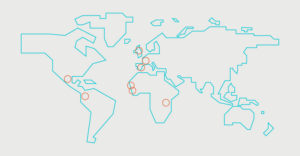
The winning projects
The French startup Moon, proposes the introduction of a solar photovoltaic kit as a solution to the problems of connectivity in low-income and off-grid populations. This solar kit incorporated into a smart phone, facilitates the use of educational applications with low data consumption and can also be used offline. In this way, beneficiary students will be able to access educational resources from the Khan Academy or the YouScribe virtual library. The kit, consisting of a solar panel, a smartphone and 3 LED lamps, is already being implemented in schools in Senegal. This proposal aims to reach 1 million Africans by 2023, to contribute to digital inclusion.
In turn, with its educational project, The Colombian project TOMi simulates a wifi network in the classroom through an electronic device so that students can access digital educational resources. In this way, the development of its digital platform allows teachers to create interactive virtual classes and teach them to their students in class, even if there is no Internet connection. By synchronising their computers, tablets or phones, teachers can project the different contents and activities of an open bank of resources on any surface. This is how TOMi aims to get students to participate in classes and interact with digital educational content, even if they do not have a device for each child. TOMi’s education solution is already being developed in 200 cities in 10 Latin American countries.



